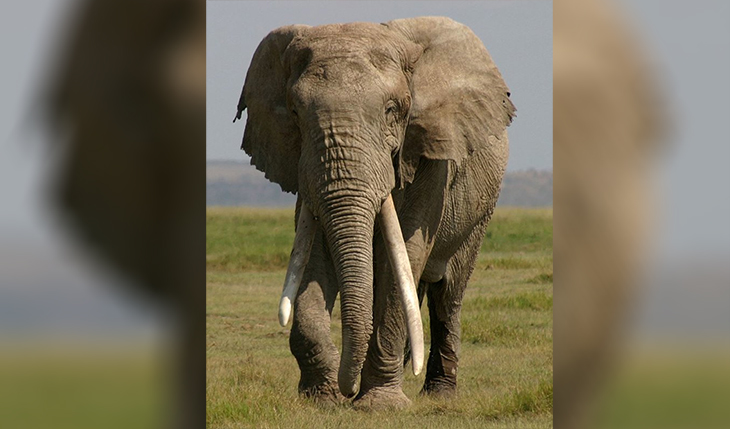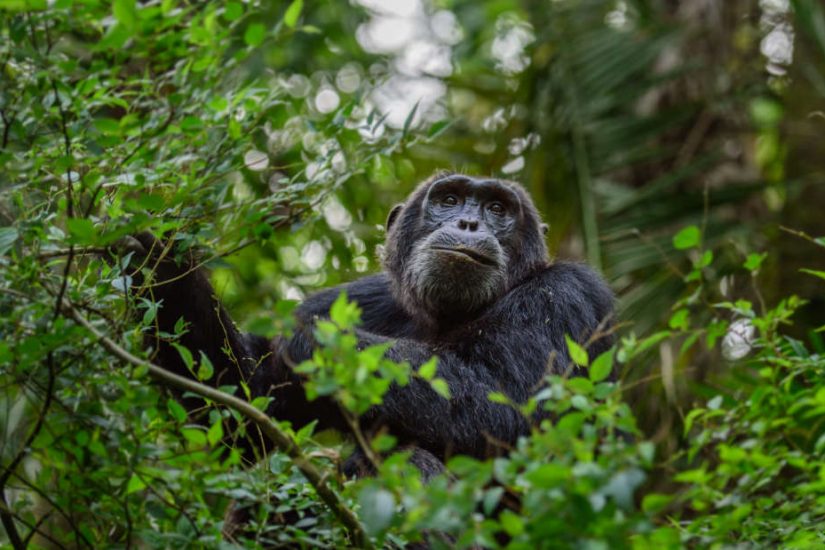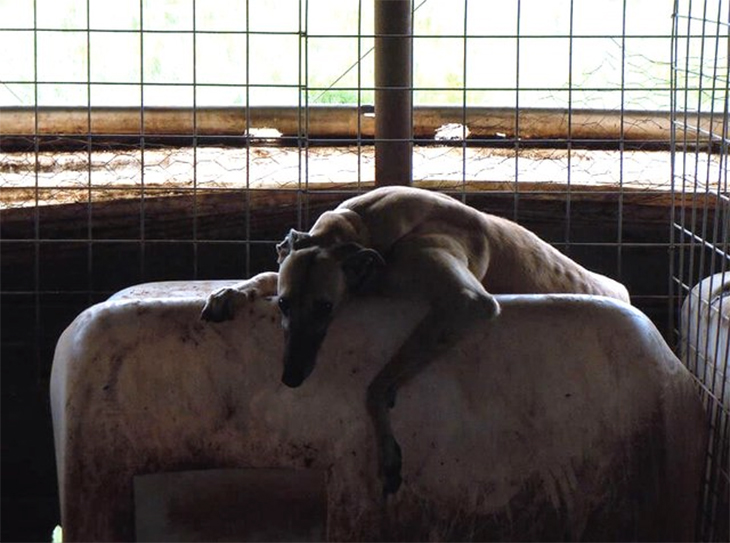By: Elizabeth Claire Alberts/The Dodo “He was in his prime, fathering calves, passing on his good genes for robustness, good health and longevity.”
Last Saturday was a good and bad day for elephants. While thousands of people participated in the Global March for Elephants, Rhinos and Lions to raise awareness about protecting these animals, tragedy struck in Amboseli National Park in Kenya. Authorities shot and killed an iconic elephant named Little Male.
Despite his name, Little Male wasn’t little at all — he was actually one of the last “big tusker” elephants, with long, thick tusks that nearly reached the ground. It’s previously been estimated that there are only around 25 big tuskers left in Africa.

Little Male in March 2014 | Amboseli Trust for Elephants
At the moment, very little information is available about the circumstances under which Little Male was killed, although it’s said that Little Male was suspected to be responsible for killing a farmer.
“The farmer’s death is a tragedy — though we don’t know what happened, or why this particular elephant was shot,” Carl Safina, ecologist and co-founder of the Safina Center, told The Dodo. “Without clarity on that, this seems more like reprisal than any solution.”

Little Male in July 2016 | Amboseli Trust for Elephants
Whatever the circumstances, animal lovers and conservationists are mourning the death of Little Male, who is the nephew of the famous matriarch, Echo, who starred in four nature documentaries.
“We have known him [Little Male] since he was 5 years old, so we have followed his life for 44 years,” a spokesperson for the Amboseli Trust for Elephants wrote on Facebook. “We watched him grow, become independent from his family, learn the ways of the world of the males, eventually coming into musth and competing for females. He was in his prime, fathering calves, passing on his good genes for robustness, good health and longevity.”
Not only is Little Male’s death an emotional loss — it’s also a blow to the health and vitality of the local elephant population in Amboseli National Park.
“Males in their 40s, 50s and even 60s are the prime breeders,” Cynthia Moss, program director and trustee of the Amboseli Trust, told The Dodo. “It is important that they father the calves and pass on their genes for health, vigor and longevity. Younger males have not proven themselves yet and might pass on detrimental traits. The very fact that these older males are alive indicates that they are the ones that should be fathering calves.”

Amboseli Trust for Elephants
Little Male’s death is also an economic loss to Kenya, according to Moss. “People come from all over the world to see and photograph a big bull like him,” she said. “There are very few of them left in Africa.”
In general, elephants face an overwhelming number of threats in Africa, which could drive these animals to extinction.

Amboseli Trust for Elephants
Elephants are under enormous pressures from ivory traffickers, increasing zoo captures, and encroaching farms and towns,” Safina said. “The future of free-living elephants and human-elephant relations remains cloudy unless elephants retain adequate room to avoid frequent contact and conflict with farmers and herders.”
Despite the challenges and setbacks, people are still working hard to protect the elephants who remain in Africa. To help protect elephants in Amboseli National Park and throughout Africa, you can make a donation to the Amboseli Trust for Elephants.




